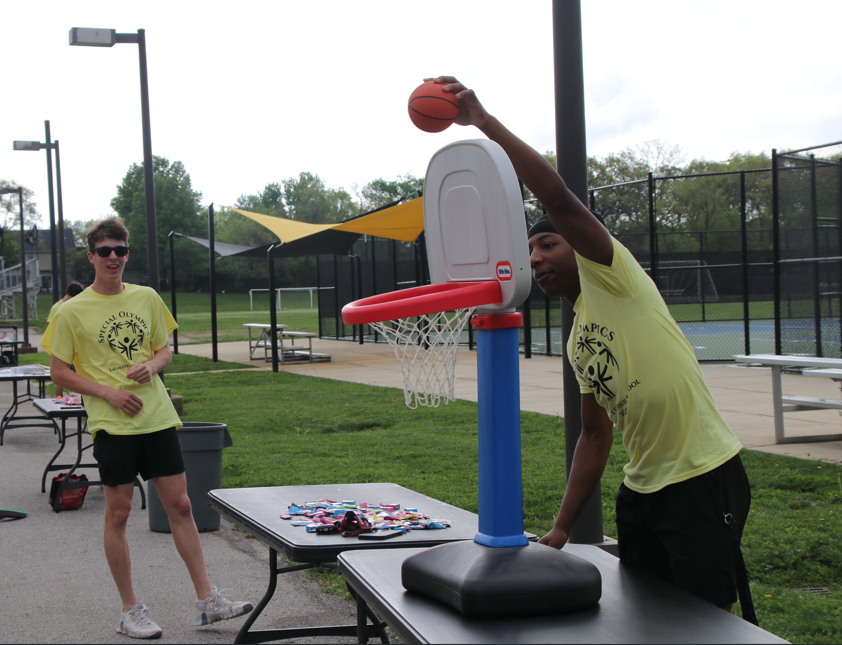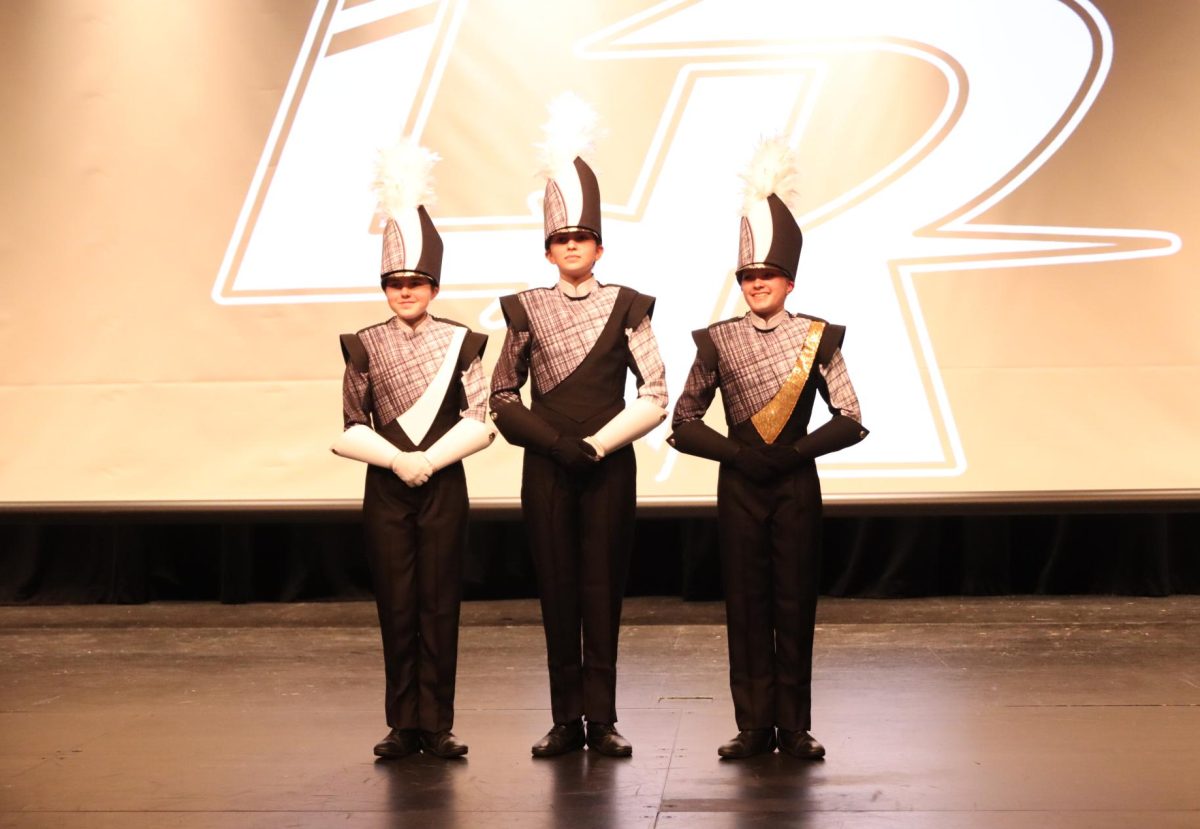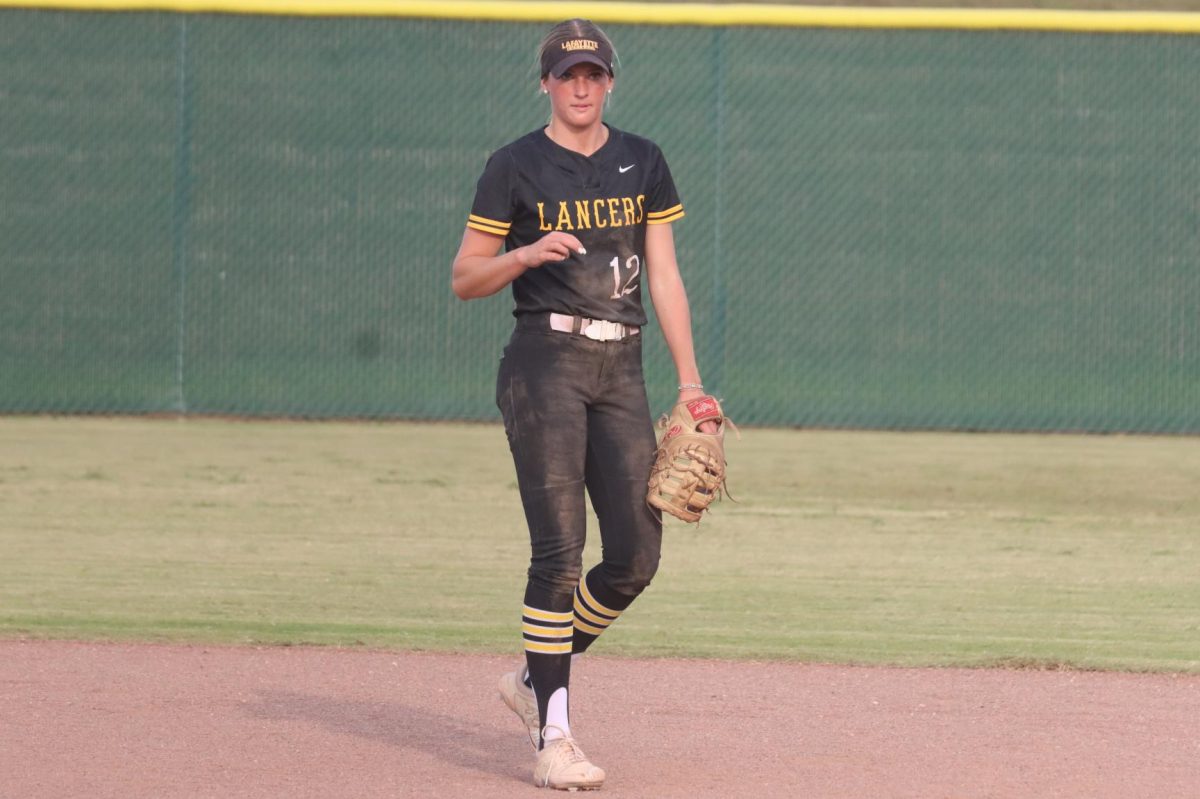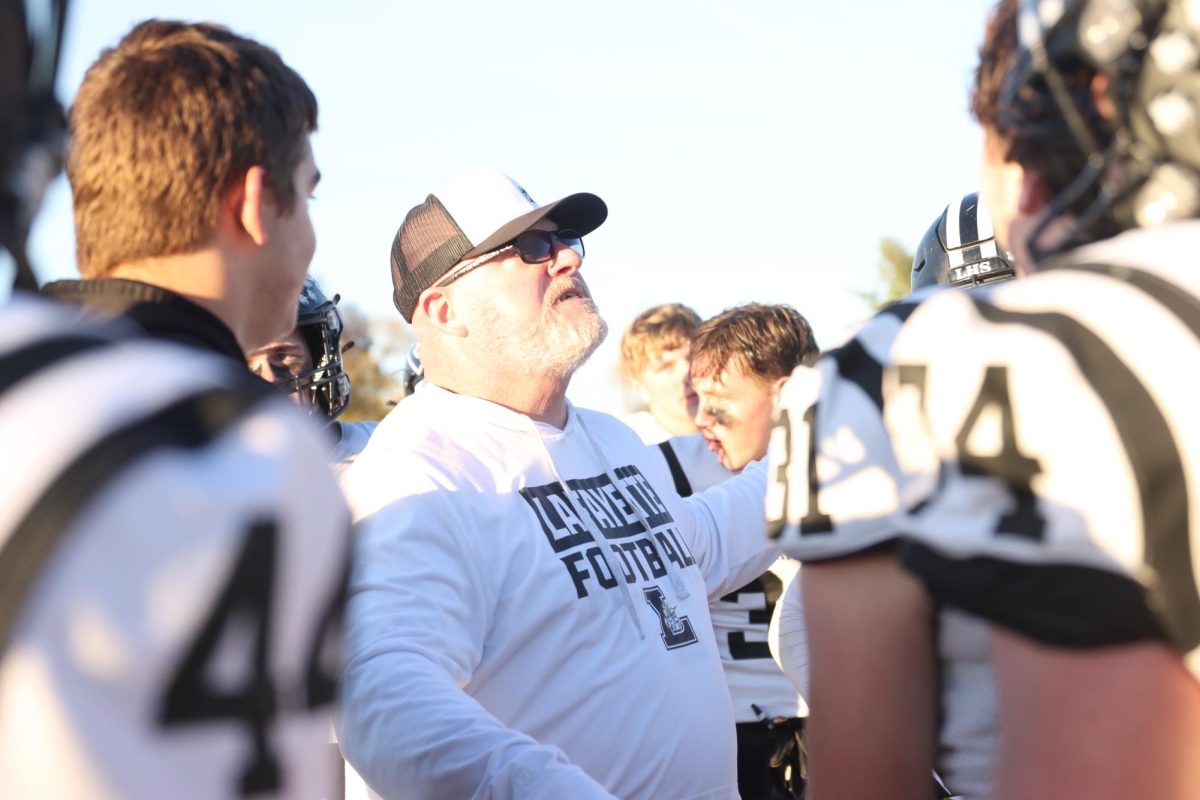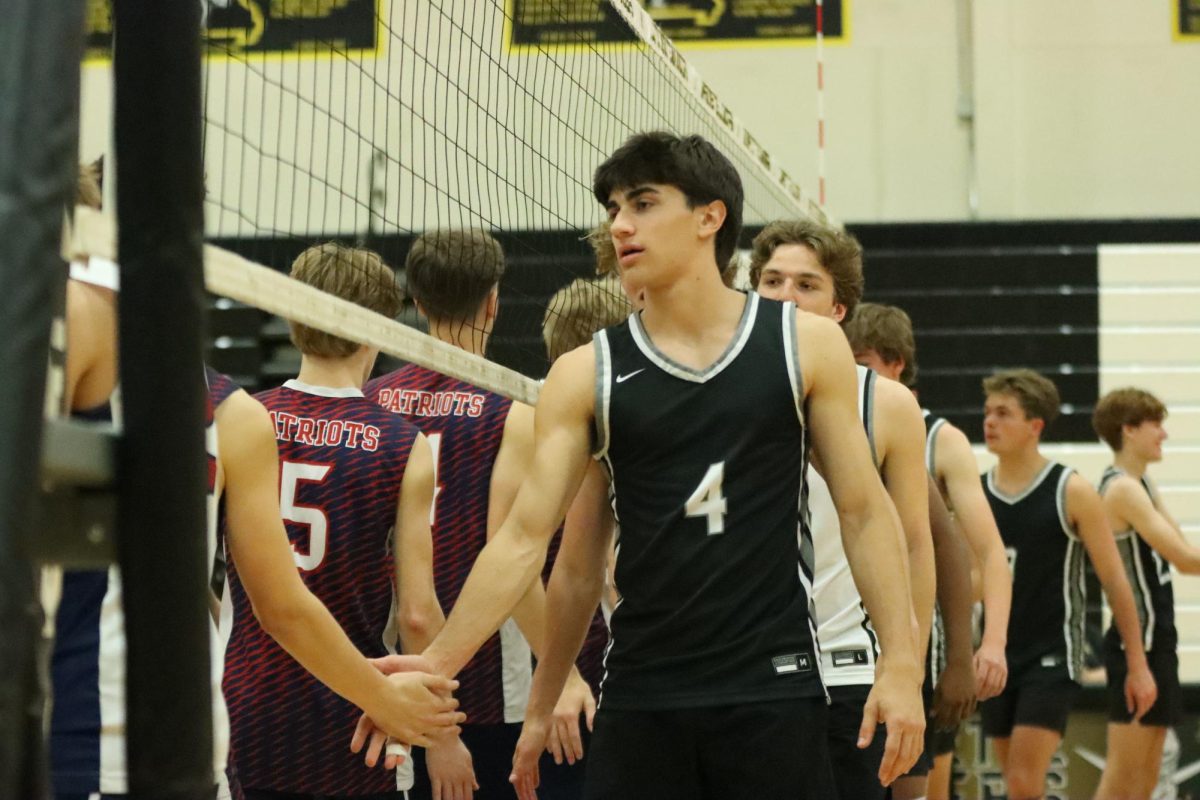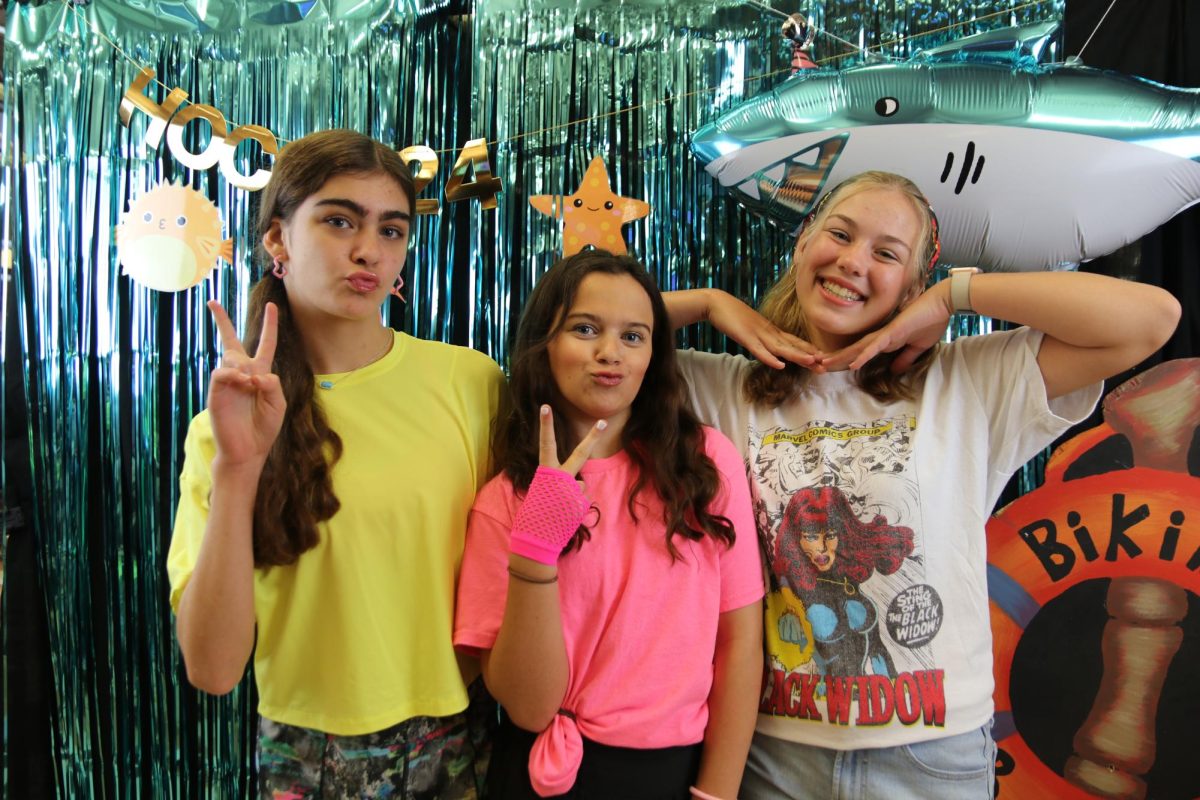Opinion: Coming of age in isolation
The Class of 2020 will forever be marked as a class born during and after the tragedies of 9/11 and they enter adulthood amidst the COVID-19 pandemic.
I was born 18 years ago, on April 16, 2002. And today, on April 16, 2020, as I officially enter adulthood, I also take my first steps into a strange, terrifying and ever-changing world.
My youth has been bookended by a pair of catastrophes: the attacks on Sept. 11, 2001 and the coronavirus pandemic. Both events have inexorably altered the world I’ve grown up in and firmly rattled the Class of 2020 to its core. Millions of young adults have grown up with a tendency toward paranoia, accustomed to a world at war.
9/11 transformed everything—but it happened before I was born. Now an adult, I am still younger than the ongoing war in Afghanistan. I have lived my entire life in a world where airports have armed guards and security cameras line every city corner. Generation Z’s older cohorts have become used to the fact that we could be watched anywhere, everywhere, for any reason (we even joke about it).
COVID-19 and the havoc and ennui it has induced will surely add to young adults’ fears as well. This virus has forced us all to simply exist, listlessly roving about our daily lives. (Perhaps you’ve already been singing me “Happy Birthday” twice while washing your hands.)
As I sit here, compliantly pent up in my home, I cannot help but reflect on the rarity of my situation. How many quarantines have there been throughout history? How many pandemics? How do pandemics affect society’s most malleable minds? How will this pandemic affect me?
There are obvious, immediate consequences of lockdown on a young, impressionable brain. Schools have closed, for starters, and students and teachers alike have had to adapt—with some comedic travail—to newfangled technologies like Zoom. For a high school senior, the coronavirus means annual shindigs like Prom and graduation are most likely off, regardless of Dr. Miles’s characteristic optimism.
But there are also larger issues that will result from this pandemic we cannot even begin to comprehend. COVID-19 has already done enough to wound this generation’s psyche, perhaps irrevocably. A new batch of adults, marred by dual calamities, will be leery of strangers for months and maybe years after governments give the all-clear. By practicing social distancing, we have incidentally distanced ourselves emotionally as well.
I did not write all of this to mope about the “Birthday That Could Have Been.” I have had to cope, as we all have, with the gravity of the coronavirus—a crisis that has spread so quickly and so universally that it has become frivolous, improper, even, to frown about the minutiae which it has caused.
I wrote this instead because, despite my fear, I remain optimistic. I look forward to once again socializing with other humans. I’m excited about college. I can’t wait to “get into the real world.”
However, I acknowledge the fact that it will take time—maybe a long time—for things to return to normal. On this day, I will celebrate and I will contemplate. And as I blow out 18 candles, I will wish for this pandemic to resolve as quickly as possible.
Your donation will allow our student journalists to continue their work. You may become a PATRON by making a donation at one of these levels: White/$30, Black/$50, Gold/$100. Patron names will be published on the website and once per quarter on our social media accounts.




